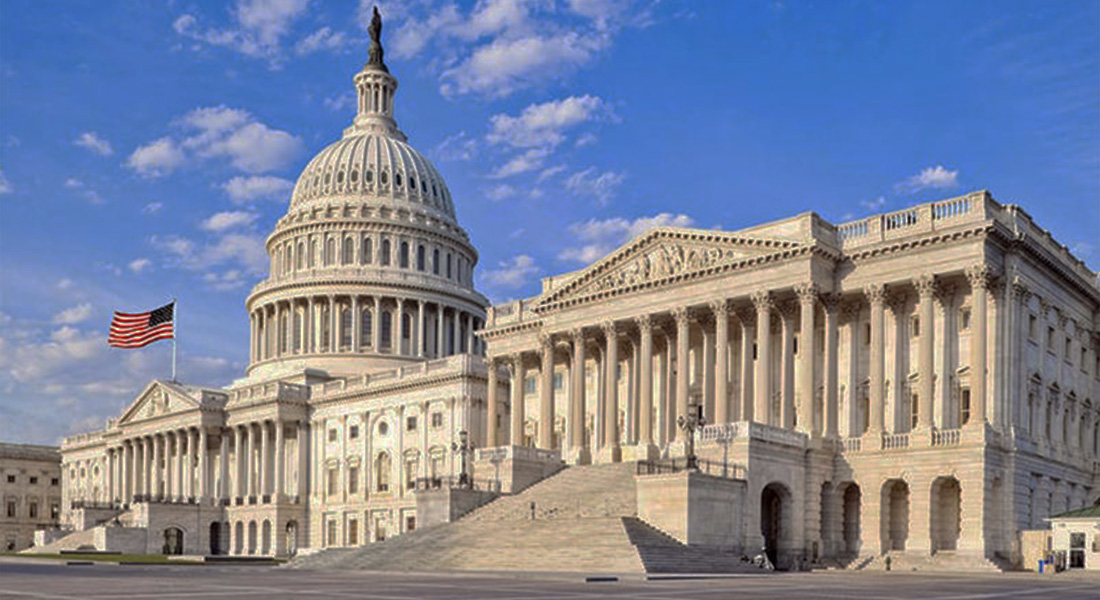
In recent years, the idea of Texas seceding from the United States has gained traction among many individuals. This movement, known as "Texit," raises important questions about the potential benefits and drawbacks of such a scenario. While secession would undoubtedly be a monumental decision with far-reaching implications, proponents argue that Texas could thrive as an independent nation.
They point to factors such as Texas' robust economy, rich natural resources, and unique cultural identity as evidence that the Lone Star State could go it alone successfully. Furthermore, secession advocates suggest that Texas would have more control over its own policies and regulations, enabling the state to tailor them to the specific needs and desires of its residents.
On the other hand, skeptics argue that the benefits of remaining part of the United States, such as access to a wider market and shared defense resources, outweigh the potential advantages of secession. As the debate continues, it is clear that the topic of Texas seceding from the union raises important considerations for both Texans and the nation as a whole.
One of the primary arguments put forth by proponents of a Texas secession is the potential economic benefits that could be gained. Texas has the second-largest economy in the United States, fueled by industries such as oil and gas, technology, and agriculture.
As an independent nation, Texas would have full control over its economic policies, allowing for greater flexibility and responsiveness to changing global trends. Furthermore, secession could enable Texas to negotiate its trade agreements, potentially opening up new markets and boosting international trade. These economic advantages, coupled with the state's favorable business environment, could position Texas as a global economic powerhouse.
Another aspect touted by supporters of a Texas secession is the increased political autonomy the state would gain. Currently, Texas must adhere to federal laws and regulations set by the United States government. However, as an independent nation, Texas would have the freedom to establish its own policies and regulations. This could enable the state to tailor its governance to the specific needs and desires of its residents, without being bound by the decisions made at the federal level. Proponents argue that this increased political autonomy would lead to a more efficient and responsive government, better able to address the unique challenges and opportunities facing Texas.
While proponents of a Texas secession present compelling arguments, some potential challenges and drawbacks must be considered.
One of the main barriers to secession is the legal aspect. The United States Constitution does not explicitly grant states the right to secede. The Supreme Court case of Texas v. White in 1869 established that states cannot unilaterally secede from the Union. Any attempt by Texas to secede would likely be met with legal challenges and could result in a lengthy and contentious legal battle. Therefore, the legality of secession remains a significant hurdle that secession advocates must overcome.
Another consideration is the potential impact of secession on neighboring states and the United States as a whole. Texas is geographically large and plays a significant role in the national economy. Its secession could disrupt trade and economic ties, affecting not only neighboring states but also the entire country. Additionally, Texas is home to several military bases, and its secession would raise questions about the division of military assets and the impact on national defense capabilities. These complex issues would need to be carefully addressed to minimize potential negative consequences.








